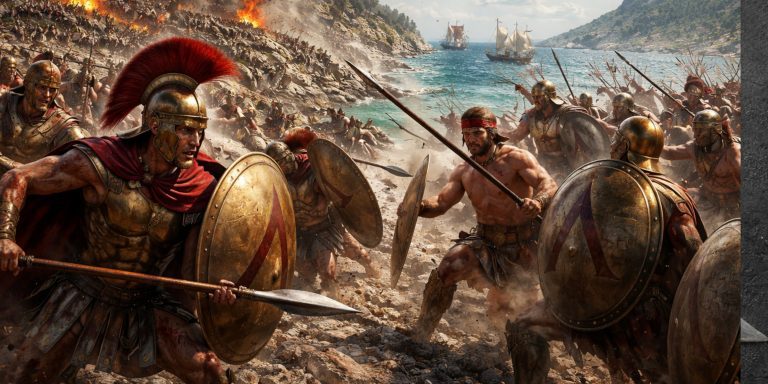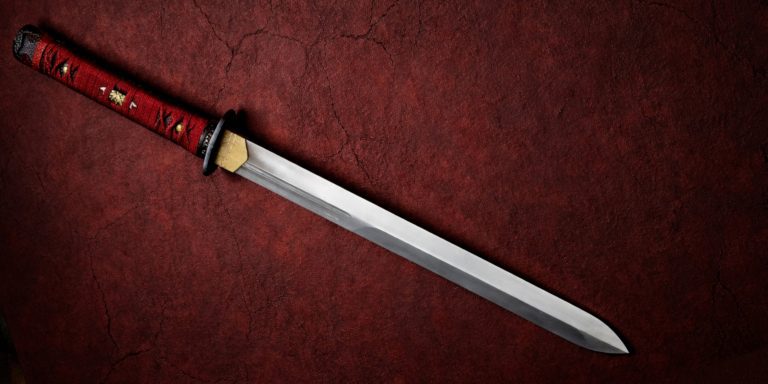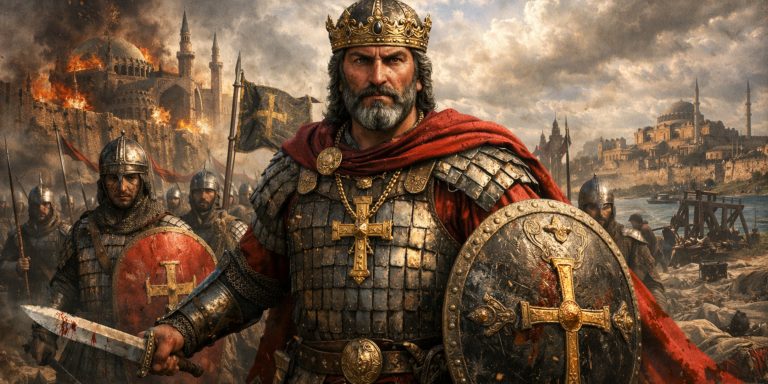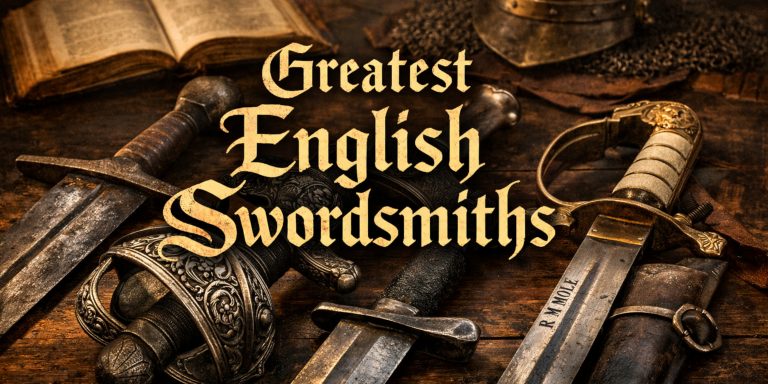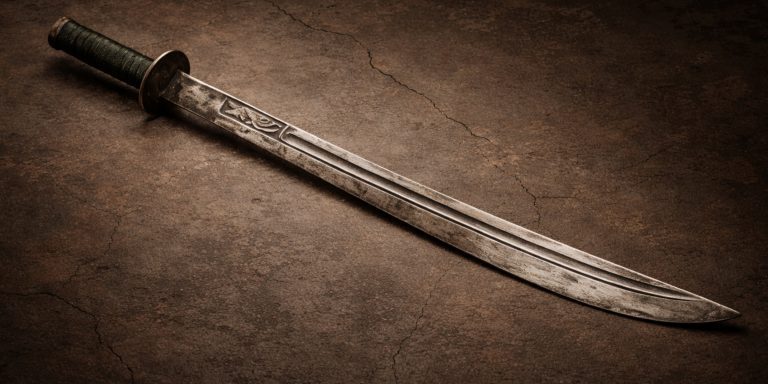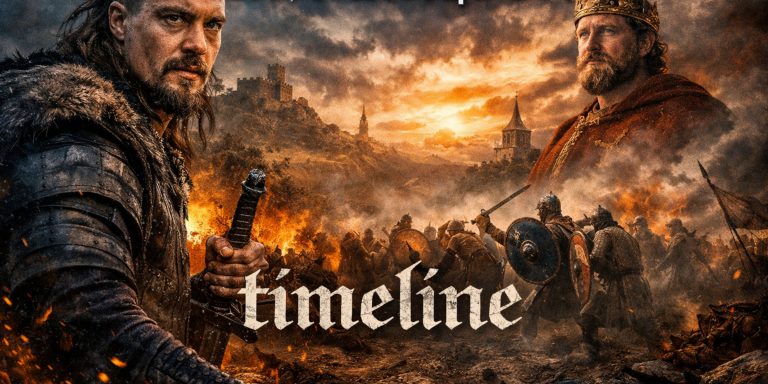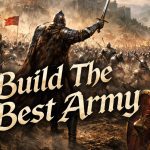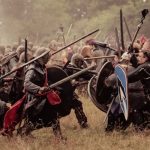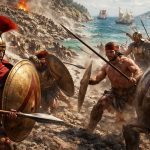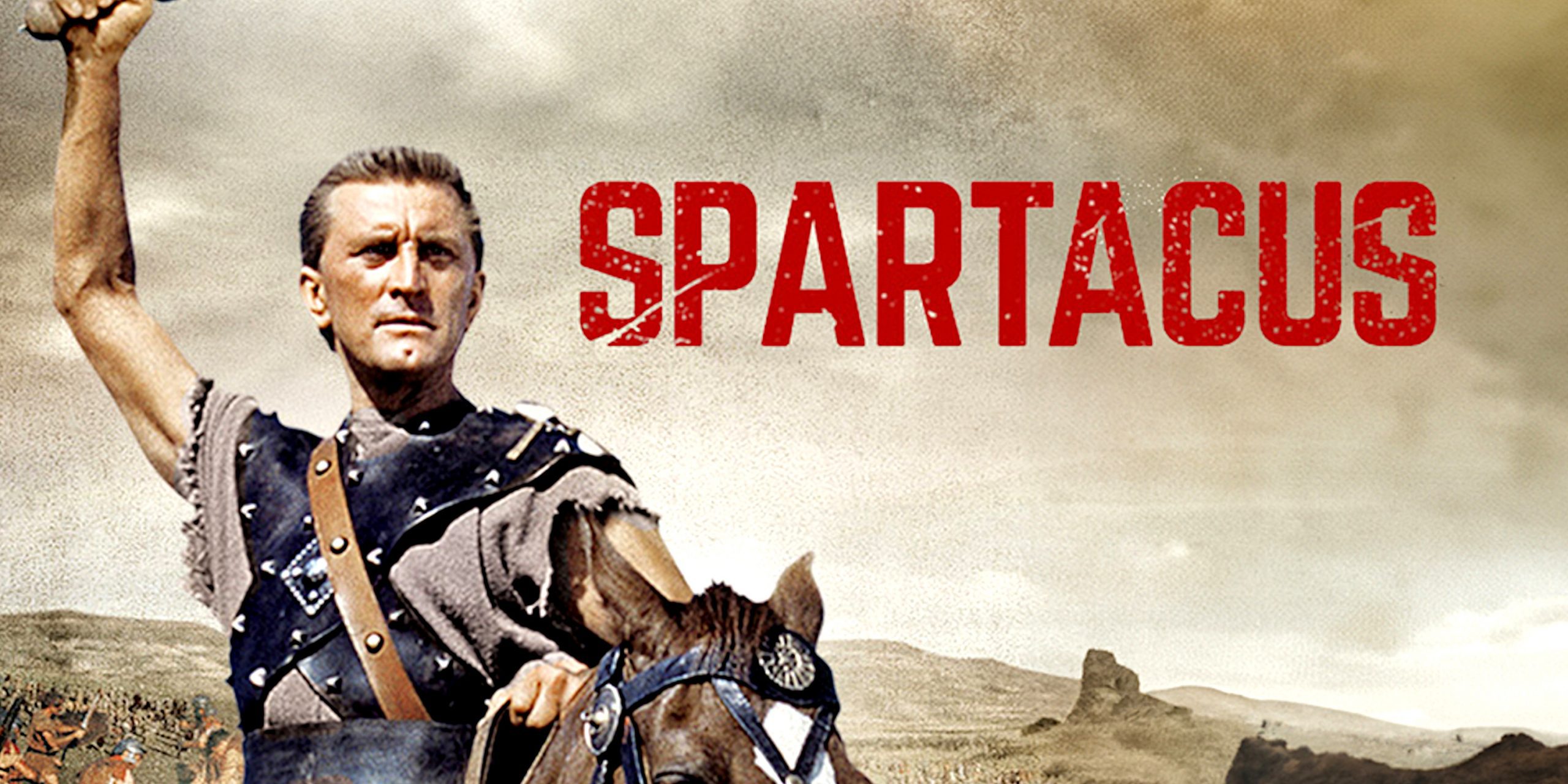
When Stanley Kubrick’s Spartacus hit cinemas in 1960, it was sold as a sword-and-sandal epic with Kirk Douglas swinging his gladius at the Romans. What audiences got was something far bigger: a film that challenged Hollywood politics, reshaped historical cinema, and left an influence that still lingers. For all its grandeur, the true legacy of Spartacus lies less in its battle scenes and more in what happened behind the camera.
Breaking the Blacklist
The film’s most famous off-screen moment wasn’t even cinematic. Kirk Douglas, producer as well as star, insisted on crediting Dalton Trumbo, a screenwriter blacklisted for alleged communist sympathies. By putting Trumbo’s name back on screen, Spartacus cracked open the Hollywood blacklist that had ruled with fear since the 1940s.
It was a gutsy move. Studios had spent years avoiding writers like Trumbo, yet Douglas forced the issue. In doing so, Spartacus became a turning point not just for historical dramas, but for free expression in Hollywood itself.
The Kubrick Factor
Kubrick was drafted in after the original director, Anthony Mann, was sacked. At only 31, Kubrick took over a sprawling production with one of the biggest budgets of its day. He wasn’t given full creative control, something he would never allow again, but his fingerprints are there.
The stark compositions, the cold grandeur, and the refusal to simplify Spartacus into a one-note hero all show Kubrick’s early style emerging. He disliked the film later, calling it the least personal of his works, but it helped him prove he could handle scale and studio pressure. Without Spartacus, there may never have been 2001: A Space Odyssey.
Redefining the Historical Epic
Before Spartacus, most Roman epics were either biblical morality plays or gladiator pulp. This film brought grit. The violence felt real, the politics sharp, and the scale impressive without descending entirely into camp.
It wasn’t perfect. The script occasionally wobbles under the weight of melodrama, and the historical accuracy is, let’s say, loose. But the film raised expectations of what a historical blockbuster could do, paving the way for later works from Gladiator to Game of Thrones.
Famous Scenes and Their Impact
Several scenes have become part of film culture:
- “I am Spartacus” – The ultimate statement of solidarity, endlessly referenced in politics and parody.
- The gladiatorial training – Brutal, tense, and far removed from the comic-book fights of earlier epics.
- Laurence Olivier and Tony Curtis in the bath – Coded, risqué, and decades ahead of its time in portraying sexuality on screen.
These moments still pop up in popular culture, proof that the film dug deeper than most period epics of its age.
Legacy and Influence
- Hollywood politics – Spartacus helped kill the blacklist and showed actors could wield power against the system.
- Kubrick’s career – It confirmed him as a director capable of epic scale, even if he disowned it later.
- Historical cinema – It shifted the sword-and-sandal genre into something more serious, inspiring generations of directors.
- Cultural shorthand – The phrase “I am Spartacus” has long since escaped the film, turning into a symbol of resistance.
A Reality Check
For all its importance, Spartacus is not a flawless masterpiece. Parts of it drag. Some of the dialogue is clunky. The Romans are as wooden as their helmets. But the film isn’t about perfection. It is about taking risks, breaking rules, and creating something bigger than the sum of its scenes.
The Seven Swords Takeaway
Spartacus endures because it is more than a Roman epic. It was a film that stood up to political cowardice, pushed boundaries in storytelling, and carried Kubrick toward greater works. The legacy is not just cinematic, but cultural. Like the man himself, it refused to kneel.

